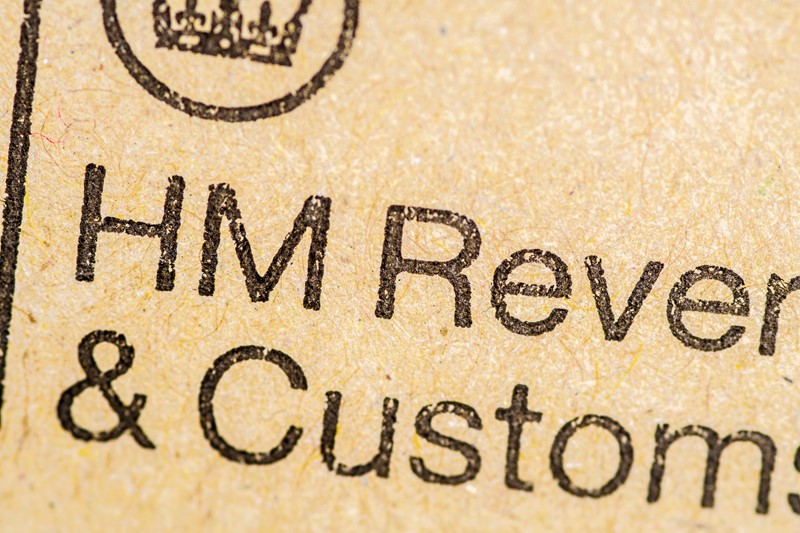It was confirmed as part of the Autumn Budget measures that changes announced by the previous government at the Spring Budget earlier this year will proceed almost entirely as initially announced. From April 2025, the government will abolish the remittance basis of taxation for non-UK domiciled individuals and replace it with a simpler residence-based regime.
The government will also introduce a 4-year foreign income and gains (FIG) regime. New arrivals to the UK who opt into the regime will benefit from 100% relief on FIG in their first four years of tax residence, provided they have not been UK tax resident in any of the 10 consecutive years prior to their arrival.
As a transitional measure for Capital Gains Tax purposes, current and past remittance basis users will be able to rebase personally held foreign assets they held on 5 April 2017 to that date where certain conditions are met.
Overseas Workday Relief will be extended to a 4 year period to align with the new 4-year FIG regime. This will remove the need for users of this relief to keep their employment income offshore. The amount of Overseas Workday Relief that can be claimed annually will be limited to the lower of £300,000 or 30% of the employee’s net employment income from 6 April 2025.
A new Temporary Repatriation Facility (TRF) for individuals who have been taxed on the remittance basis will also be introduced from April 2025 for 3 years. This will allow individuals to designate and remit at a reduced rate foreign income and gains that arose prior to the changes. This includes unattributed foreign income and gains held within trust structures. The TRF rate will be 12% for the first 2 years and 15% in the final tax year of operation.







